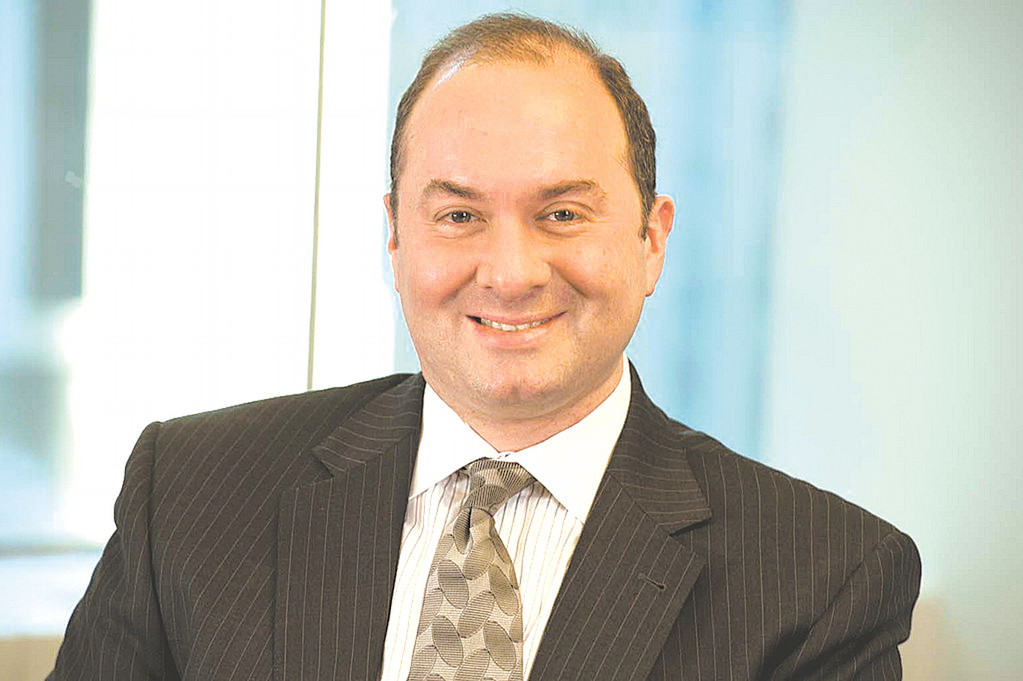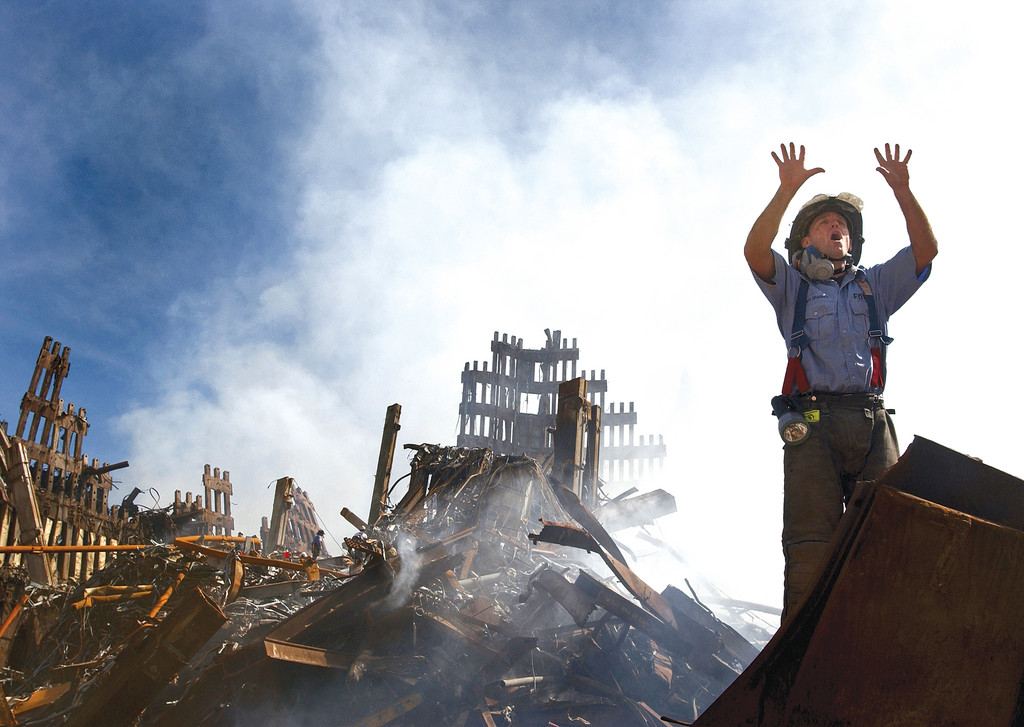Altering our behavior toward one another to affect G-d’s will
In my view
The horrible events of Sept. 11, 2001, occurred just seven days before the start of the new Jewish year of 5762 and only three days after the penitential season began for Ashkenazim with the first recitation of the penitential prayer service known as S’lichot.
Perhaps because the 9/11 attacks took place during this period, when tradition teaches us that “who shall live and who shall die” is decided, we were treated to many stories of people who “miraculously” were kept away from the Twin Towers that day. In what has become known as some kind of divine providence — in Hebrew, hashgachah p’ratit — people claimed they would have been in the World Trade Center at that time, but for a flat tire, a delayed subway, a family emergency. Divine providence saved them from disaster.
In reflecting on the meaning of 9/11, I considered writing about the hashgachah p’ratit phenomenon, but another thought kept intruding: the thought of those who died — Jews, Muslims, Christians, Buddhists, atheists, and some who fit no religious category. If G-d saved some, why did all these others die? And how do their families react when they hear about such “miracles” — miracles that their loved ones were not granted that black Tuesday.
My thoughts then turned to Syria, where hundreds of thousands have died in the past two years and 1,429 died in the recent chemical attack. What can we say about the divine providence at work in Syria?
Whom did G-d save that day? Do we really want to blame Him for the deaths of 1,429 human beings, as hashgachah p’ratit almost certainly demands?
Hashgachah p’ratit is a lame excuse for passing the buck to G-d and avoiding the real issue. What happened in Syria should worry everyone. What matters is that 1,429 human beings were murdered, we just watched it happen, and now we debate whether we should do anything about it.
This is a no-win situation; that is true. If it was Bashar al-Assad who ordered the gassing, do we look to overthrow him, as we did to Saddam Hussein in Iraq, or as we assisted in doing to Muammar al-Qaddafi in Libya? Neither action has worked out too well. Do we support one of the rebel factions and see Islamic rivalries cause more bloodshed, civil-strife, and the building of yet another intolerant religious state that squashes human liberties, spills blood for no reason, and represses women in the name of G-d?
If it was the Syrian rebels who framed Assad so as to bring the world’s vengeance on his head, do we help his regime, which has been funneling support from Iran to known terrorists, keeps hope alive for Israel’s destruction, and maintains a despotic rule over its people?
The concerns of many in the United States and around the world regarding getting mired in another endless and pointless war are well founded. So are the concerns that many have regarding sending our troops to die for a cause that we are not all that sure about.
These are the arguments and they have validity. What is most unsettling, though, is the lack of real empathy for the people who are dying in Syria. I don’t know if those 1,429 people liked Israel, wanted to kill Jews, or destroy western civilization, but I am sure that among them may have been some who did and some who didn’t.
When he was told that G-d wanted to destroy the sinful cites of Sodom and Gomorrah, Abraham challenged G-d. “It is an abomination that the judge of the whole earth should act unjustly” by killing the innocent with the guilty. Shall we, who believe we are created in G-d’s image and are commanded to emulate Him, ignore the deaths of innocents murdered along with the guilty?
Over 120,000 people have died in Syria in what has been labeled a civil war; those who oppose Assad’s rule, against those who want more freedoms, and also those who want to impose Sharia Law.
It is not easy to work through or even see which side’s victory would make the world a better place.
We came to Rosh Hashanah this year prior to the anniversary of 9/11 and in the middle of a crisis that can change the fates of Israel, the Middle East, the United States and many around the world. Instead of contemplating the divine providence of who lives and who dies, or how one may have escaped death at one point or another and why, we should reflect on how we each can affect G-d’s will by altering our behavior toward one another.
We may not have answers for how to deal with Syria, but that does not mean we should do nothing.
On Yom Kippur, let us pray to G-d that He give us the wisdom to know what is right to do, and that we remember that we are all His children.
Juda Engelmayer is an executive at the New York PR firm 5W Public Relations









